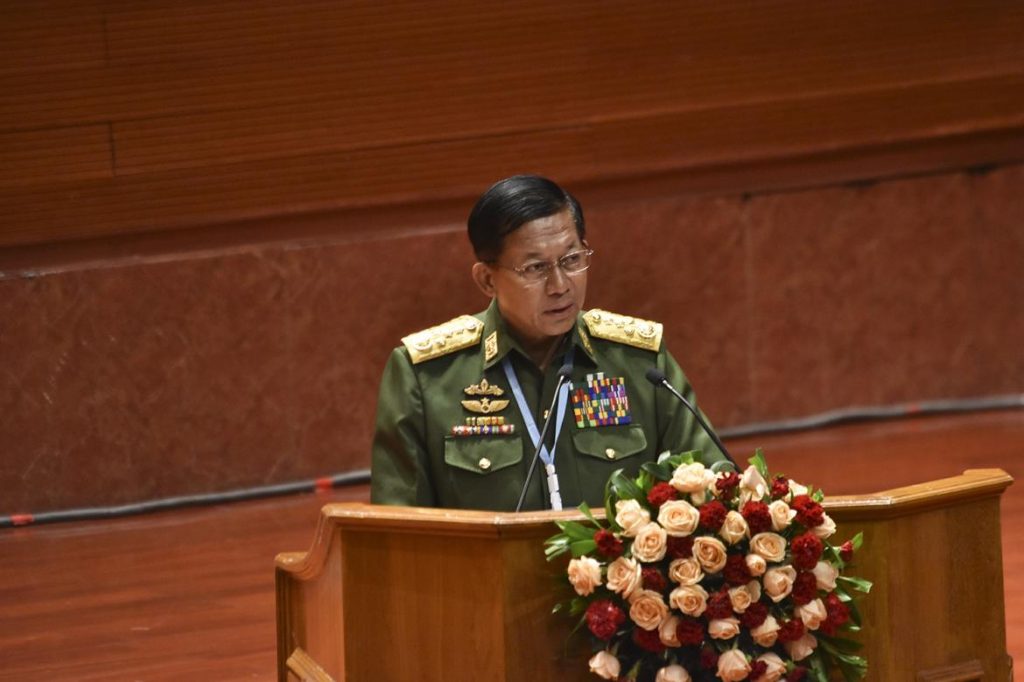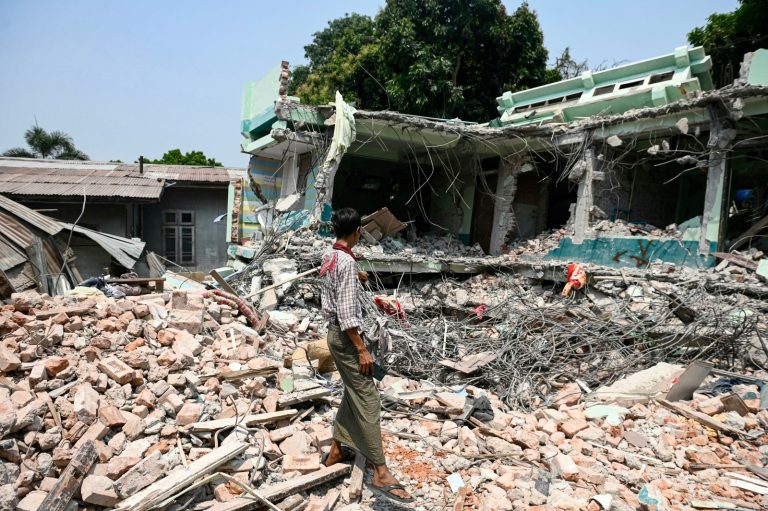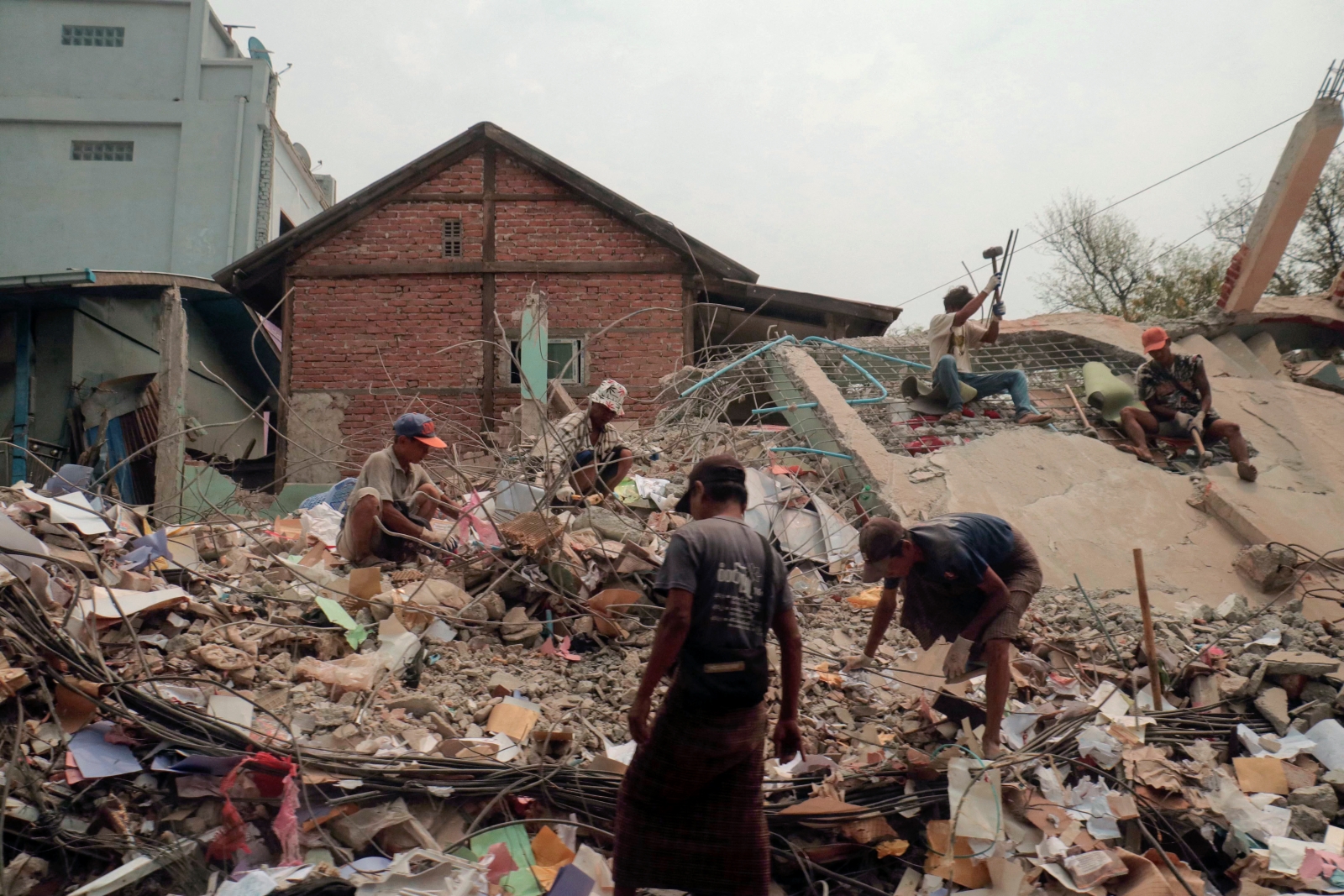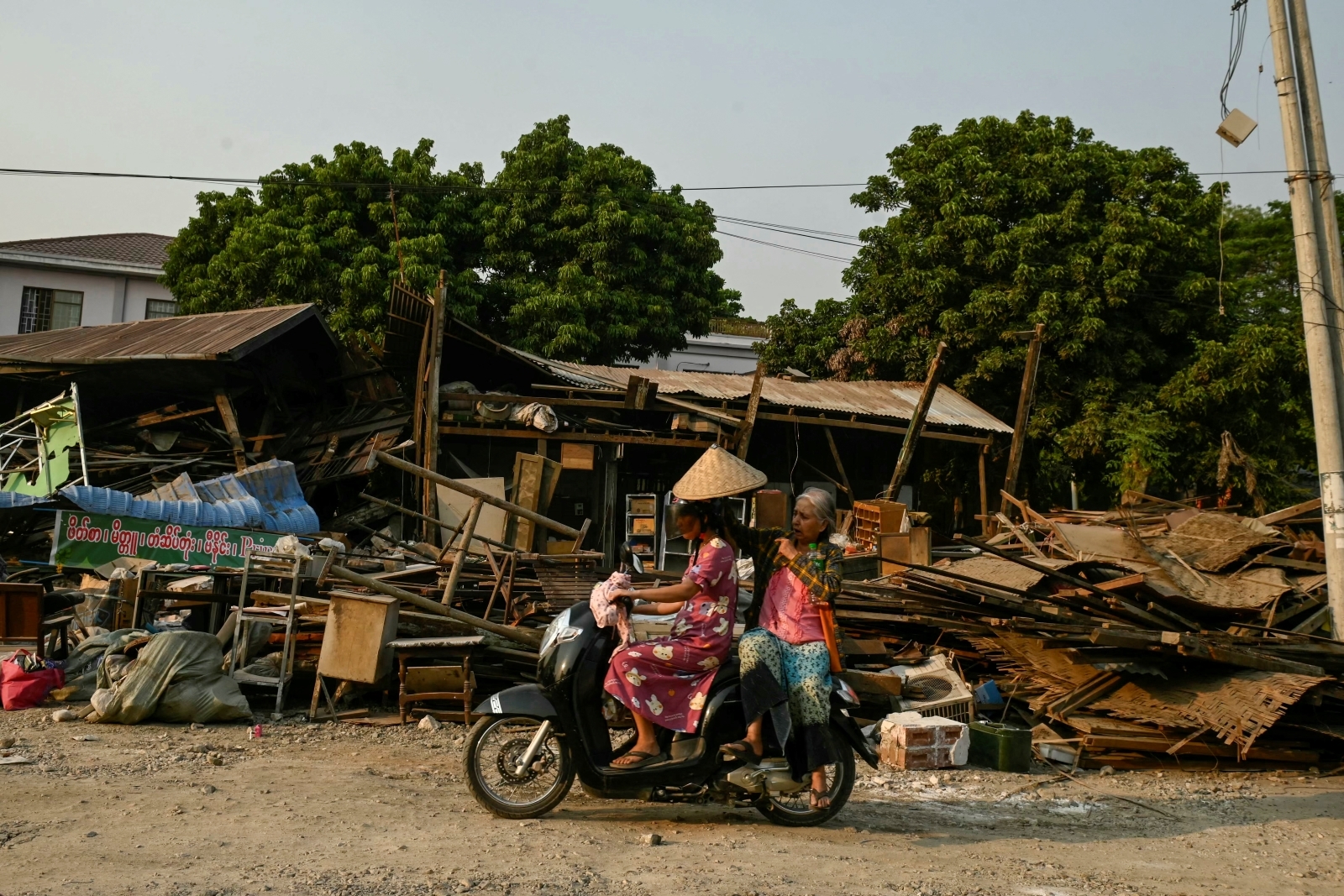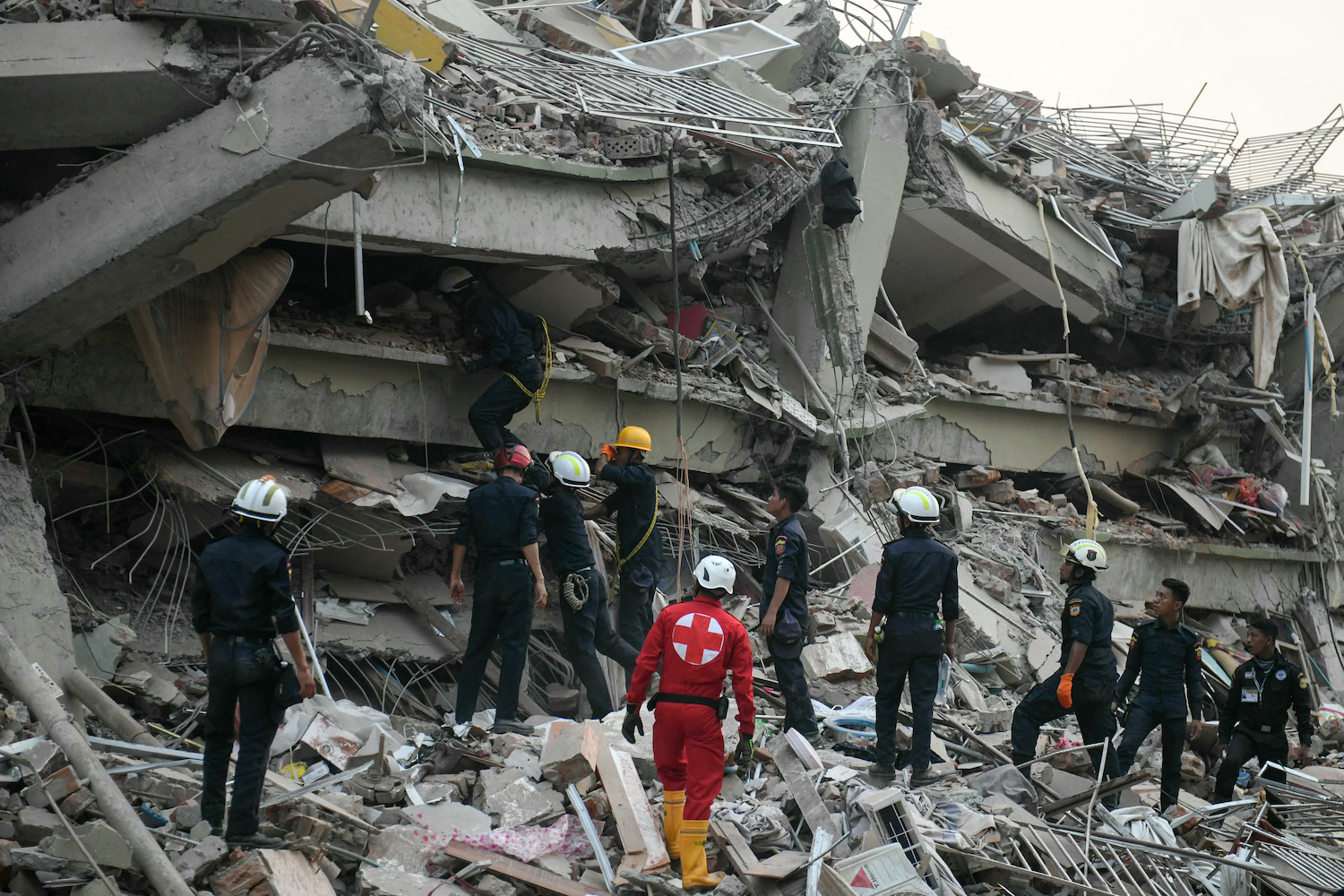By YE MON | FRONTIER
NAY PYI TAW — Ethnic groups have challenged Commander-in-Chief Min Aung Hlaing’s claim in his opening speech at peace talks in Nay Pyi Taw today that they have unnecessarily delayed negotiations instead of seeking a resolution to the conflict.
Min Aung Hlaing said at the opening of the 21st Century Panglong Union Peace Conference that delays to the peace process were “further drowning our country which is already lagg[ing] behind in development”.
The conference, which is the third to be held under the National League for Democracy government, has been delayed several times since the start of this year.
“We have a lot of work to do for the State and the public. We just shouldn’t talk the talk. We will reach nowhere just by choosing the best words for arguments. All the national people are responsible for it. We all must be aware of the instigations to lessen our united strength,” Min Aung Hlaing said.
Support more independent journalism like this. Sign up to be a Frontier member.
“If you really love your country and your race, I would like to urge you to wipe out the civil armed conflicts that hinder the development of the country.”
He was addressing hundreds of government, military and parliamentary delegates and representatives of ethnic armed groups who have gathered in Nay Pyi Taw for the talks. Signatories to the state-led Nationwide Ceasefire Agreement can participate in talks, while non-signatories have been invited as observers.
Speaking to Frontier today, General Sumlut Gun Maw, the leader of the non-signatory Kachin Independence Organisation delegation, said the commander-in-chief should understand why discussions and meetings were delayed and should also know which party is responsible for delaying peace talks.
“We have to study his speech in detail. The reasons for delays to the peace process are important. He should not consider one person or organisation responsible for the delays. We accept his speech generally but there are a lot of controversies,” he said.
Colonel Khun Okkar, patron of the Pa-O National Liberation Organisation, which has signed the Nationwide Ceasefire Agreement, said that the groups who want the best results from the peace talks will take time with their discussions and they should not be accused of delaying the process.
“The military doesn’t want to delay but they also don’t want to get the best result. The ethnic armed groups and the government have never accused anyone of delaying the peace process. I don’t understand why he said that,” he said.
This afternoon Min Aung Hlaing met with representatives from four non-signatory groups: the Kachin Independence Army, National Democratic Alliance Army, Shan State Army-North and United Wa State Army. All four members of the seven-member Federal Political Negotiation and Consultative Committee have been invited to the peace conference as observers.
Talks between the ethnic bloc, the military and the government had stalled since last year and Gun Maw said yesterday he hoped the conference would be a chance to re-open lost lines of communication.
Delegates from the FPNCC, which is also known as the northern alliance, are scheduled to meet with Daw Aung San Suu Kyi tomorrow, according to the director general of the State Counsellor’s office.
Aung San Suu Kyi said today in her opening speech that it would become clear during the talks this week which parties were genuinely interested in peace.
“It will be known at the peace conference who really wants peace and who values the interests of the state over the interests of an individual or group. The people are monitoring and the people will know [after the conference],” she said.
The government believes that delegates will agree on the 12 points scheduled for discussion, she said. She also outlined plans to hold a second peace conference this year, another two in 2019 and three in 2020.
Observers have said they are frustrated at restrictions placed on discussion topics; only 12 of the 32 proposed were approved by the Union Peace Dialogue Joint Committee for formal consideration at this week’s Panglong conference.
The UPDJC was formed in 2015 of members from the Tatmadaw, government, national parliament, ethnic armed groups and political parties, to hold and oversee political dialogue around the peace process.


